(ThyBlackMan.com) The influence of HBCU’s and education can be seen in the 105 historically black colleges and universities educating 135,722 male and 238,685 female students across the United States this year alone.
A new school year is beginning for HBCU’s, students are preparing to return to schools across our nation. Students and their families are shopping, packing and scheduling for college or university trips to HBCU campuses either close to home or several hundred miles away. The traveling may be by bus, plane, family car, train, carpooling or other means, the objective is to get students back into school, preparing them for future careers.
I have prepared to make sure my son gets back to Florida A&M University to finish his final undergraduate year and preparing him for Graduate school of his choice.
HBCU’s have been preparing for new freshmen and returning students, the process to prepare dorms, cafeterias and other facilities to support higher educational learning is nearing completion. The excitement is rising for a year of educational achievement, progressively striving for the goals of graduating and receiving a degree that was earned with hard work, sacrifice and dedication. 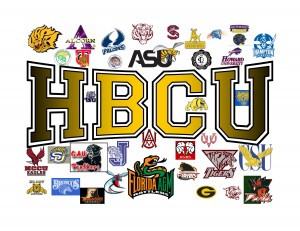
The history of HBCU’s is well known nationally and internationally, the service of Historically Black Colleges and Universities is not praised as much as they should be, this is excepted because HBCU graduates know they receive an education that has prepared them for excellence in their fields of study and passion to positively contribute to mankind like so many from the past.
A growing issue on campuses of HBCU’s are increasing female students. Visually there are more females than men. It is almost eerie to see so many female students and a small mixture of male students. Not only are there smaller numbers of male students, but male students are not graduating in the numbers like female students. To add insult to these academic injuries male students seem to be challenged academically more than females in the important areas of math and reading comprehension.
HBCU’s see that Black male students are diminishing , this absence creates a vacuum of educated professional Black men serving as role models to Black males in high schools that strive to obtain higher education, but do not have a mentor or role model in their families or even neighborhoods.
The U.S. Department of Education: the national college graduation rate for Black men is 33.1 percent compared with 44.8 percent for Black women. The total graduation rate is 57.3 percent. Black men represent 7.9 percent of 18 to 24 year olds in America but only 2.8 percent of undergraduates
at universities.
President Obama has stated that, “HBCUs continue a proud tradition as vibrant centers of intellectual inquiry and engines of scientific discovery and innovation. New waves of students, faculty, and alumni are building on their rich legacies and helping America achieve our goal of once again leading the world in having the highest proportion of college graduates by 2020.”
http://www.ed.gov/edblogs/whhbcu/
The question is raised are communities, schools, churches and businesses doing enough to encourage Black males to excel in academics? The school closures in Philadelphia, Chicago, Detroit and other cities show that educational resources are diminishing and parents in these communities are either uninformed or satisfied with the educational failures that are happening. Either way this is condemning Black children. What are Black churches doing, what impact does the clergy have in the 21st century educational realm? At one time in history Black churches were the corner stone’s of education, they had schools, tutors and resources.
The discrepancies of attendance and graduation can be seen from data accumulated from the Department of Education where national college graduation rates of Hispanic men is 41.1 percent, Native Americans and Alaska natives 33.8 percent. The comparison in graduation to White males is 54.5 percent. Asian/Pacific Islanders have the highest rate, 60.6 percent, based on their cultural respect for learning and education. If theses discrepancies continue the education gap for Black males will create situations where Black males have less earning. The skill levels will be substantially low not allowing access to higher paying careers, lack of education influences political influence, low socio-economic levels and the in-ability to provide for a family.
Because of statistical evidence HBCU’s still play a very vital role in educating Black males especially those that will need additional assistance in reading, literacy, comprehension and mathematics.
An example of the changes in college campuses can be seen at Howard University, undergraduate male enrollment dropped from 3,070 in the 1994-95 academic years to 2,499 during 2009-10. Female enrollment dropped by only 52 students, from 4,958 to 4,906. HBCU’s are still strong in encouraging Black males to attend college by providing services that address both academic and cultural uniqueness.
Complicating these efforts in high schools are the changes in the structure for mandated state assessments, increase in discipline policies at high schools that leave no room for counseling and mentoring. Incarceration policies appear to be the only option if a student makes a bad call in judgment and actions in high school.
The key to success of Black male and female students is parental and community involvement. Parents must have a vested interest in their children’s success. The costs of not having a college education is seen in limited job opportunities, reduced earning potential, stunted career advancement and negative long-term economic and social downturns in the Black community.
Black males need solid careers with competitive wages, without solid incomes and steady careers, young Black males chances for success diminish greatly.
A question asked by Mr. Lowe from Courageous Conversations Ask A Teacher: “Why are certain elements in American society trying to keep Black children from being educated?”
As a graduate of South Carolina State University, in the area of education I learned the skills to be an effective educator, the support that I received even struggling in math and science allowed me to build my confidence, abilities and even grow a love for science and mathematics. Inspiring me to obtain
years later a Masters of Education degree in Educational Technology and teaching Engineering and Technology at the elementary level.
“Black men and women need college degrees more than ever.” William Jackson, STEAM Educator Resources should be made available to help Black males be successful in higher education, but starts in public education at elementary schools to high schools. The lack of male role models, mentors and educators does play a role in diminishing enrollment of Black males in higher education. Research on Black males on campuses shows that having supportive relationships with mentors on campus plays a significant and important role in Black male’s success.
Parents as you take your children to college and university take the time to find out about mentoring services, clubs and organizations that can aid in your child’s success in college. It takes a village to raise leaders and the next generation of college graduates. The statement “Its more than about buying new clothes,” is important for parents to recognize and understand this school year, Hafeeza B Majeed Courageous Conversations Ask A Teacher Dialogue:
Listen in about key issues to help students succeed and parents take a more active role. Archived about Common Core, parental involvement and impact on children: http://InstantTeleseminar.com/?eventid=44200137
Staff Writer; William D. Jackson
Find out more about this talented writer over at; OCS For Education.
Also check out; http://www.About.Me/WilliamDJackson












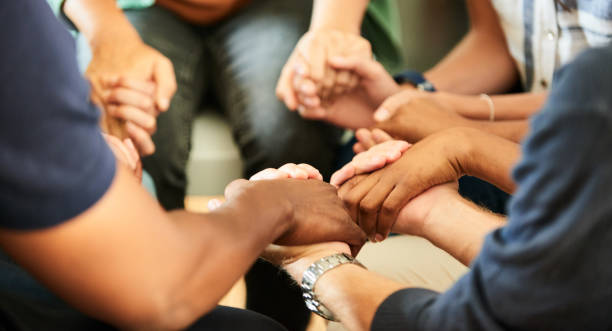
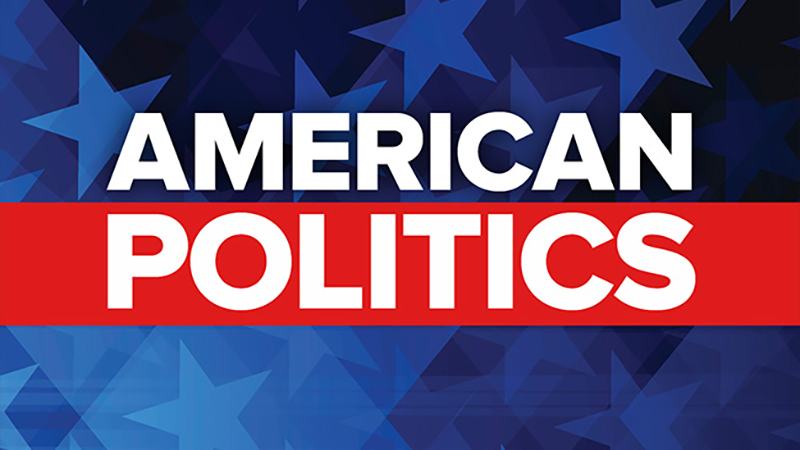
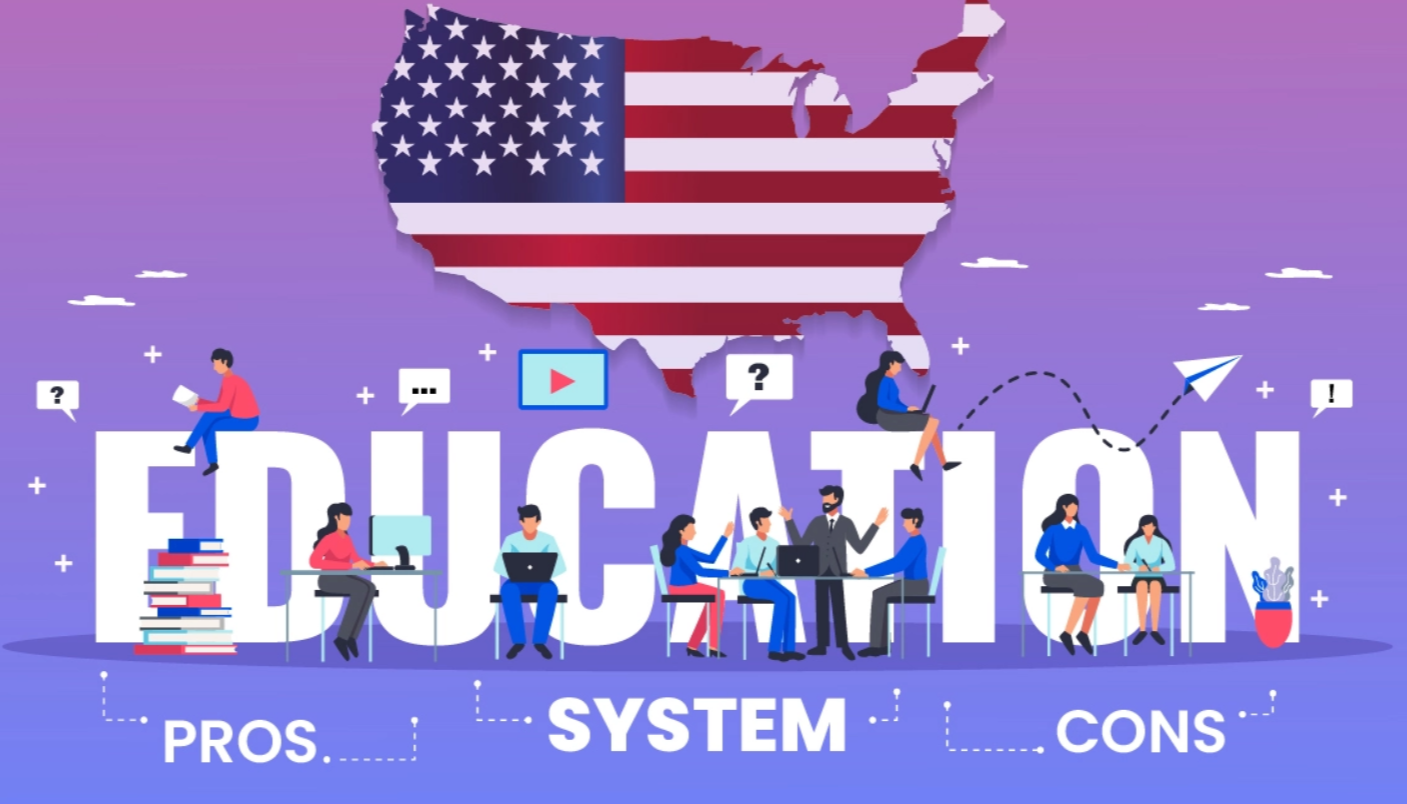
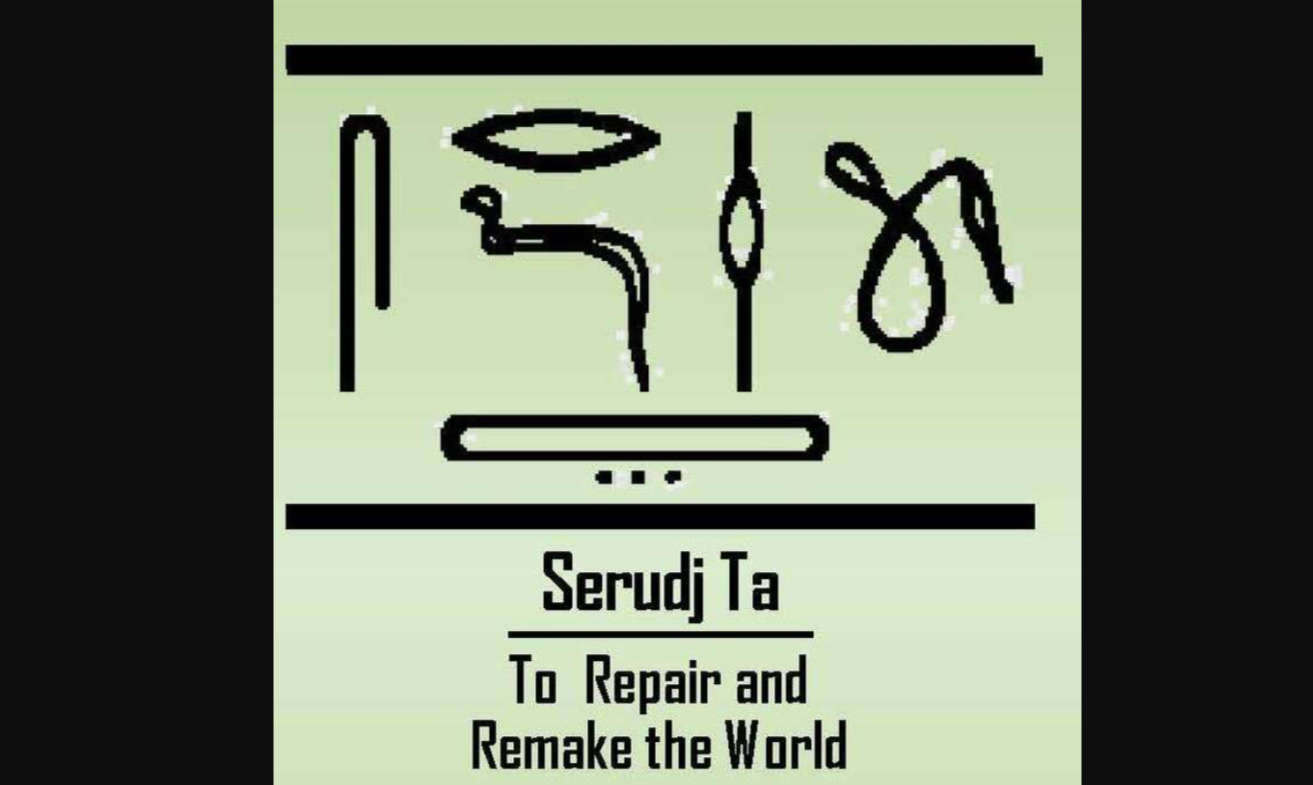
Glad that you replied…
@Dcarter910: good reply, I’m in the trenches working with kids, they are
respected in their positions, but I’m working and of service to these kids
every day. They get glory and I get ………………
CommonSenseRules: I try to talk to my kids at school and try to
explain to them about the importance of academics. How testing
categories them and how the information is used to track them.
This is not a lie, but factual.. I enjoy my job, but the stress
sometimes is over-bearing and serious.
I would not change jobs any way because of the positive influence
that I provide students and the change it creates for a positive
future.
Peace….
Third-grade reading scores. Third-grade reading scores. Third-grade reading scores. That is the data from which governors and state legislatures determine their projected prison construction needs. The celebration of hypermasculinity, hypermisogyny, hyperviolence, and associating standard English usage with whiteness or being a sissy is killing young, black males before they even get a chance to figure out who they are or who they would like to become. Their worst enemy? A dysfunctional, distorted notion of black “manhood” perpetrated by males who don’t know the meaning of the word.
Jessy Jackson…Cornell West…Al Sharpton….(crickets)….hmmmm must not be any money to be made encouraging young black men to get an education. Welp, at least there will be more educated black women for all the white men out here who secretly have been desiring them. Incarcerate the men and educate the women. Divide and Conquered.
Now watch, some clown is going to respond to this article by postulating how the GOP did all this by themselves, while our white democrat Heroes have been trying to prevent this and save the poor ignorant black people.